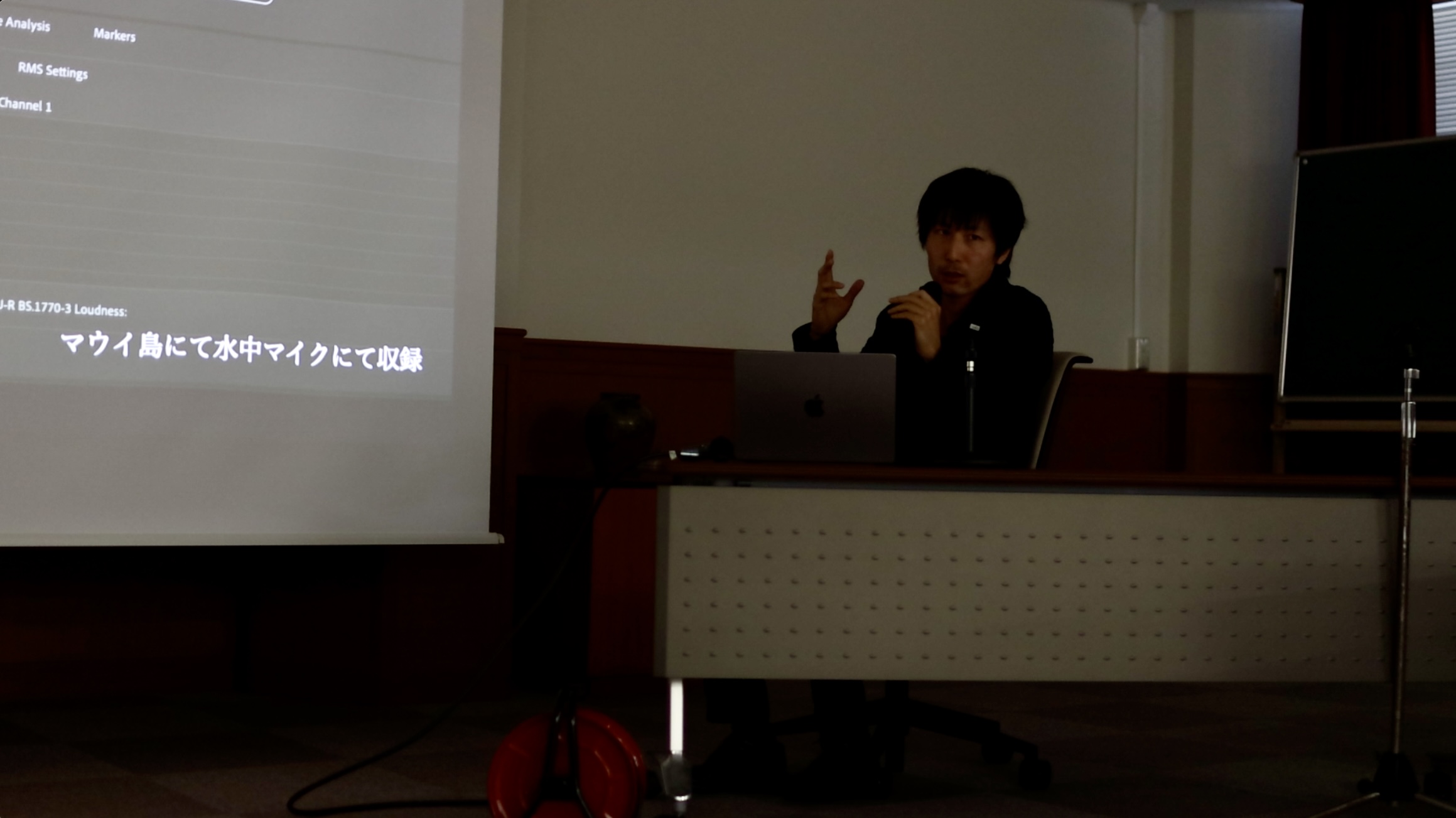HOME
BIO
BLOG
CONTACT
JUST PLAY
HOME
BIO
BLOG
CONTACT
JUST PLAY

Kazuki Otsuka (1985-) Kazuki Otsuka is a Tokyo-based serial entrepreneur, an independent computational evolutionary (Transformism) scientist, and a modern artist. Since first becoming interested in why some melodies are better at age 16, he has consistently explored extending the original field of aesthetics—defined since Baumgarten in the 18th century as the study of perception under cognition—through formal logic (mathematics), researched musical structure while studying overseas in France, and continued this work as a university researcher and beyond. He calls this proposed field of study and artistic philosophy “Transformism.” He has led numerous software projects, carrying out every stage—including infrastructure, backend, interfaces, and AI mathematical modeling. He obtained a master’s degree with the thesis 'Computational Language β Based on Orthomodular Lattices and the Non-distributivity of Quantum Logic' (The University of Tokyo GSII). Kazuki worked mainly on, [Public Speaking] “Zen and Computing” @ Dubai World Trade Center, UAE Full transcript and Japanese translation [Theory] Theorem of computational evolution of the golden ratio https://arxiv.org/abs/2203.12385 2022 Mathematical model of a Turing-complete deductive computer and language based on the non-law-of-excluded-middle structure of quantum logic "Computational Language β based on Orthomodular Lattices with the Non-distributivity of Quantum Logic." arXiv preprint arXiv:2203.12385 (2022) [Software Algorithms / Patent] Algorithm that computes non-Boolean propositions “X is {A-like} to the extent σ” using dimensional compression into a "neutral semantic subspace" in a high-dimensional word vector space "Computing Semantic Spectral Qualities using Neutral Semantic Subspace", 2022 Patent 73937722 "Document analysis algorithm, recommendation system, document analysis method, and document analysis program" 2023.12.07 [Contemporary Art Works] Analysis of the recursive sequence structure in J.S. Bach’s monophonic piece “BWV1013” “Computational Complexity” (2024, silkscreen on Kent board) Zen and Mathematical Aesthetics “001101” (2025, acrylic on canvas) Blog ThinkX Inc. X @K00TSUKA LinkedIn Threads - Writing on "What is consciousness?" as the core for a new historical framework spanning art, philosophy, and scientific theory. | Instagram Past Interviews: type, Build Plus, , 「Now, Writing Code: Hacking the Era of Hyper-Democracy」
© KAZUKI OTSUKA


